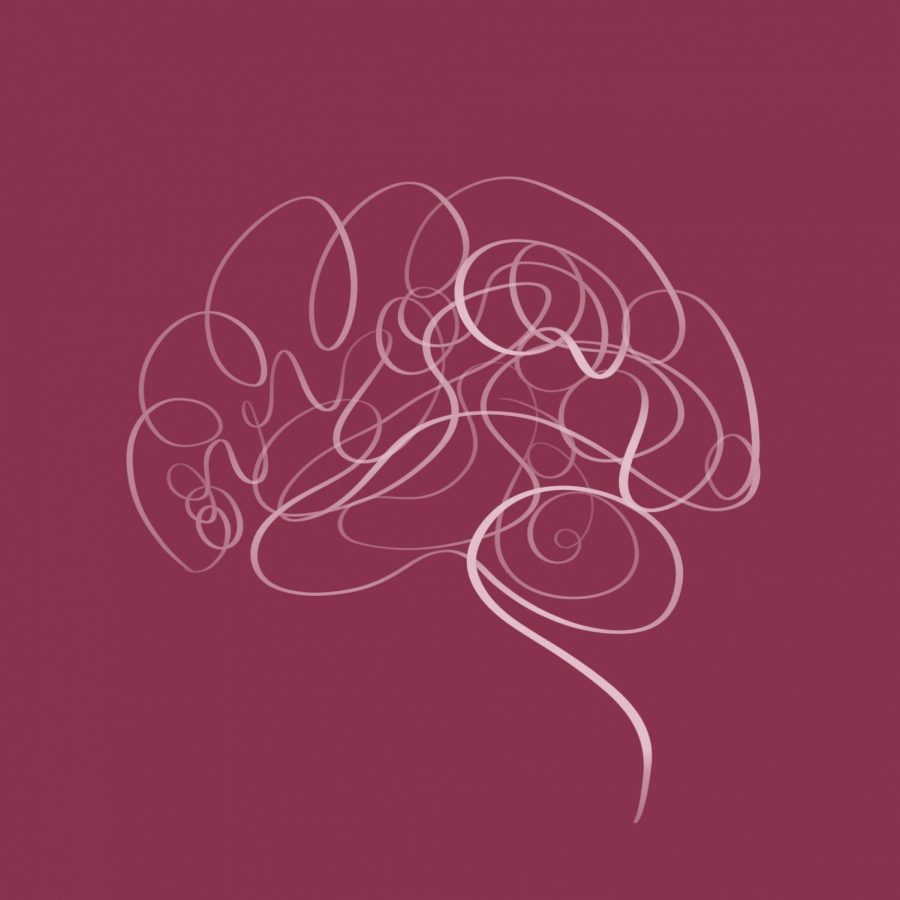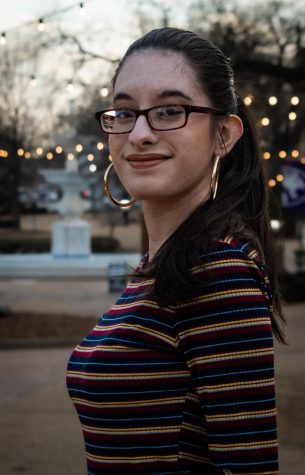Mental health resources available at UNA
CAMPUS SPOTLIGHT
October 7, 2021
Across the United States, college campuses are seeing a rise in mental health issues amongst students.
As reported by the American Psychological Association, a 2014 survey of college counseling centers found that 52% of their patients suffered from serious psychological issues, as opposed to 43% in 2013. Anxiety disorders in college students have been on the rise since the 1990s. This trend could be attributed to a variety of societal problems, ranging from the restrictions placed on Americans regarding the coronavirus to the mounting racial tensions throughout the country.
Studies conducted by the Census Bureau show a significant buildup of depression and anxiety symptoms in African and Asian Americans following the death of George Floyd at the hands of police officers. Those who have been demeaned, especially on university campuses, experience greater levels of mental and emotional distress than their non-marginalized counterparts.
Young adults who belong to stigmatized social groups tend to have a hard time searching for assistance. Adolescent members of LGBTQIA+ commumity are, when compared to their heterosexual peers, nearly two times as likely to experience suicidal thoughts, according to work done by Harvard University’s Mark Hatzenbuehler. However, due to preconceived notions harbored by the country at large, many of these adolescents feel obligated to keep their misgivings to themselves. College students in cultural or sexual minorities are subject to microaggressions and unjustified skepticism. Therefore, they have ever-increasing access to consistent support systems, composed of their classmates or their faculty advisers.
A system such as this is offered by The University of North Alabama’s Mitchell-West Center for Social Inclusion. In supporting advocacy both on campus and throughout the community, the center offers respite to those who have been discriminated against and strives to cultivate a place in which they can thrive academically.
“[Our] mission is to provide education and research community and advocacy across campus to support efforts to create a more inclusive campus environment. A lot of that really focuses on how we support students who have been historically excluded from higher education”. Director of the Mitchell West Center, Dr. Andrea Hunt said.
Hunt encourages UNA’s struggling students to seek help from counseling services, which is located on the first floor of Rice Hall. In doing so, as well as through becoming involved in the myriad of activities the university’s various clubs and programs have to offer, she believes said students will “gain a sense of belonging [and] contentment with other people, whether that is through individual meetings with faculty and other students [or] getting plugged into a [registered student organization].”
In order to promote inclusivity amid its diverse population, UNA provides identity-based RSOs that celebrate the large variety of cultures it harbors. Additionally, the Mitchell-West Center collaborates with a variety of other departments on campus to elevate the cognitive well-being of its vast student body, such as the Center for Women’s Studies.
Together, the Mitchell-West Center for Social Inclusion, the Women’s Center and Student Counseling Services furthers The Body Project, a program developed by the Oregon Research Institute, geared towards the destruction of unrealistic and ethnocentric beauty standards. The reasoning behind programs of this sort lies partially in the notion that the media is consistently targeting women’s insecurities through cosmetic-related advertisement.
“There is just an extraordinary amount of money to be made from women being dissatisfied with how [they] look. Given all of the cues we get from the media, we’re just bombarded with advertising, constantly,” Dr. Lynne Rieff, director of the Center for Women’s Studies, said.
Advertisements such as the ones Dr. Rieff is speaking of may impact underrepresented women differently than they do socially privileged women. Research published by the Journal of Black Psychology, for instance, finds “the more African American college women [are] exposed to social messages about thinness, the greater likelihood that they internalize these ideas and experience body image concerns.”
“Women of color face the imposition of white ideals, and of course, they challenge them, but I think that there [are] stereotypes that they have to deal with.” Rieff said.
UNA tries to combat stereotypes that are pervasive in the college community by being a force for positive change in the way society deals with mental health, especially as it pertains to those who are routinely discriminated against.




